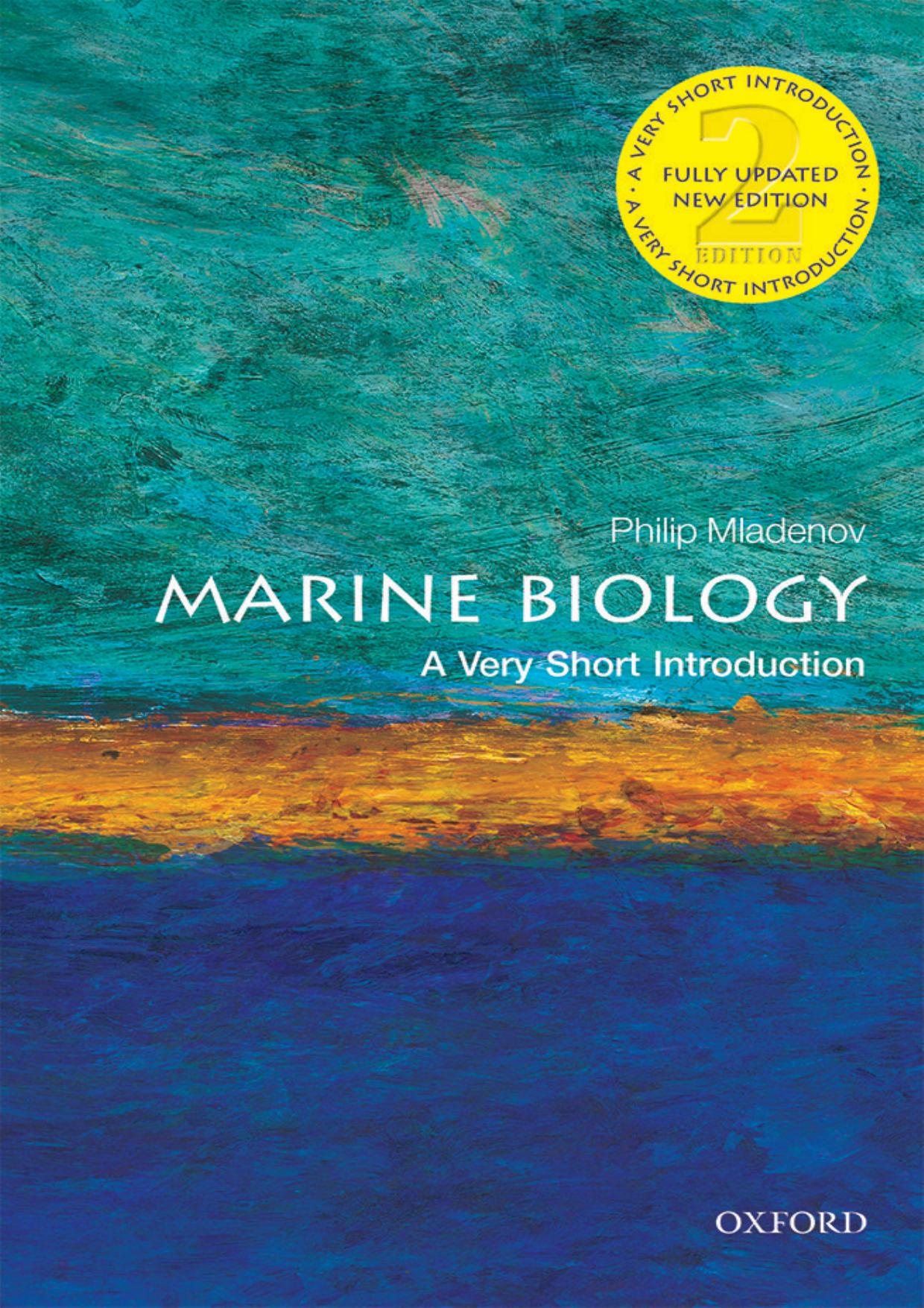
Marine Biology PDF
Preview Marine Biology
The oceans are our planet's most distinctive and imposing natural habitat. They cover 71 per cent of its surface; support a remarkably diverse and exquisitely adapted array of life forms, from microscopic viruses, bacteria, and plankton to the largest existing animals; and possess many of Earth's most significant, intriguing, and inaccessible ecosystems. In an era in which humans are significantly altering the global environment, the oceans are undergoing rapid and profound changes. The study of marine biology is thus taking on added importance and urgency as people struggle to understand and manage these changes to protect our marine ecosystems. Healthy oceans produce half of the oxygen we breathe; stabilize our climate; create ecosystems that protect our coasts from storms; provide us with abundant food; and host diverse organisms that provide us with natural products for medicine and biotechnology. In this Very Short Introduction, marine biologist Philip Mladenov provides an...
